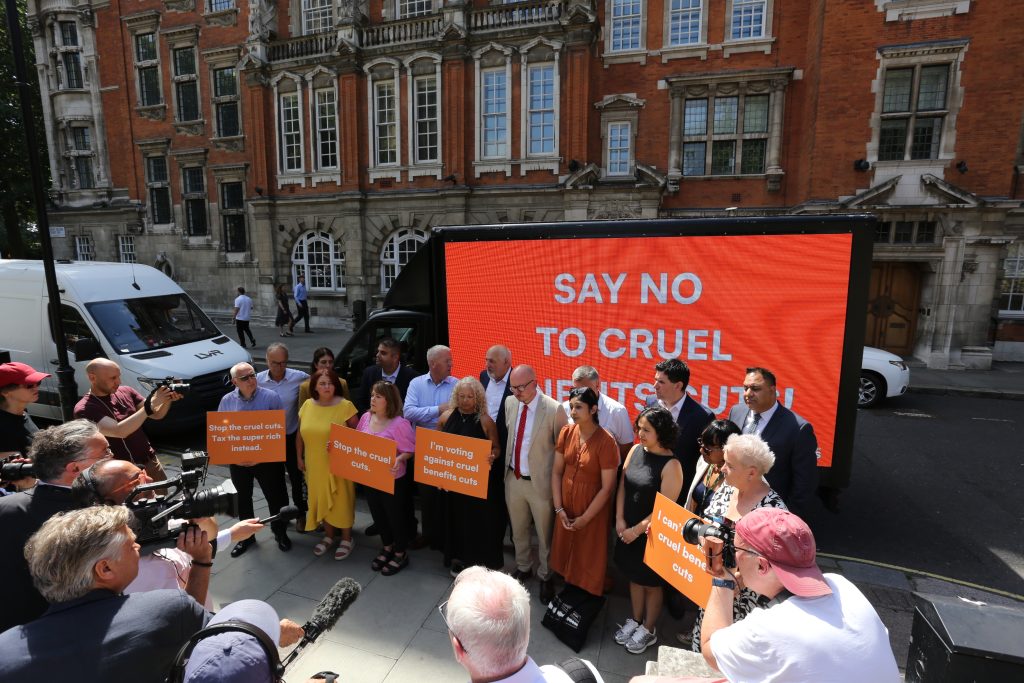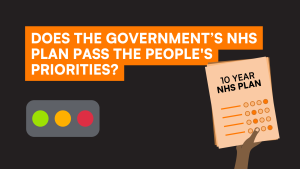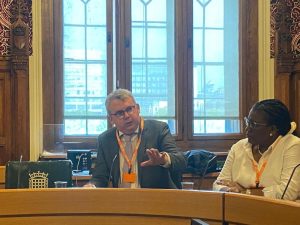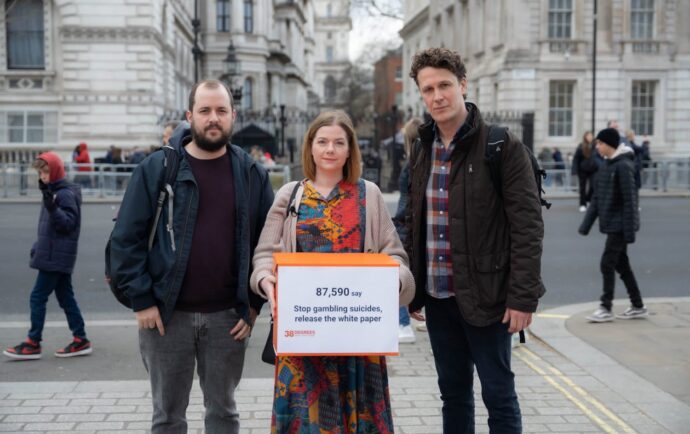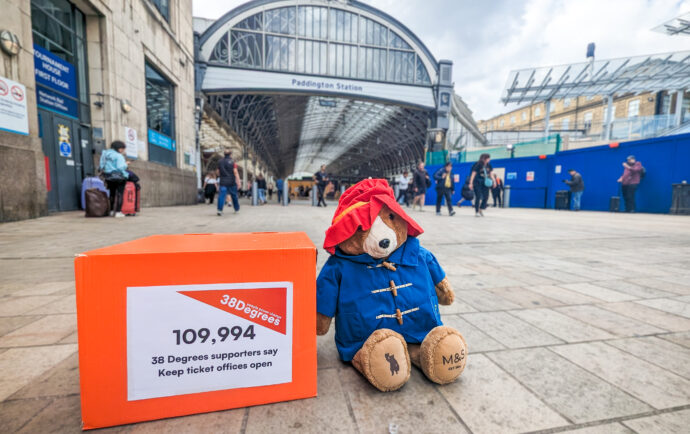
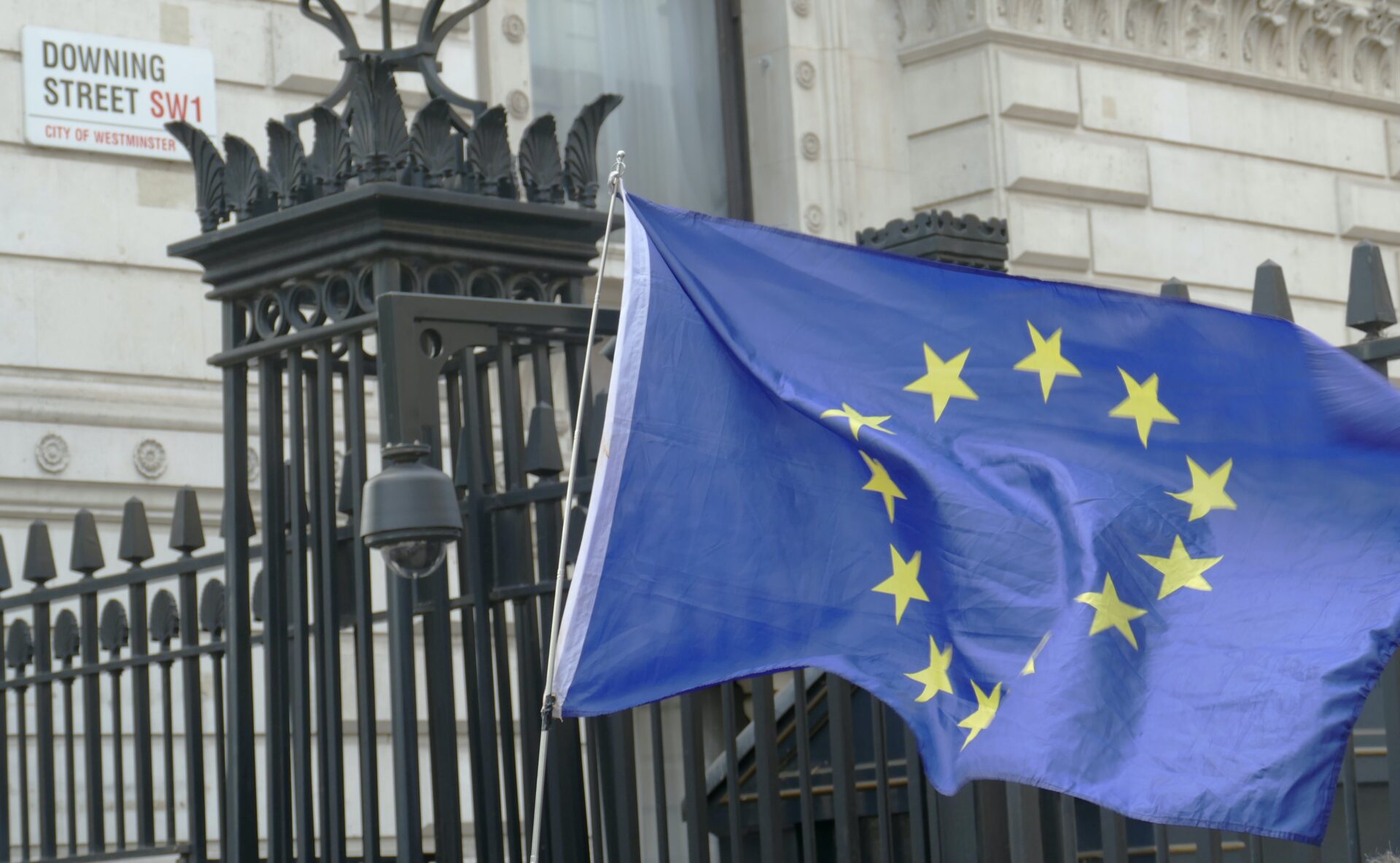
Jun 23rd, 2023
Seven years on, how do Brits feel about Brexit?
By Ellie Gellard
Today marks seven years since the Brexit referendum. Since 23rd June 2016 our country has been through two General Elections, a global pandemic, a war in Ukraine and now we find ourselves in the midst of a cost of living crisis. Much has changed.
While debates about our relationship with the EU play out in Westminster and only a few voices are given a platform on the news, 38 Degrees wanted to give people across our country – be they nurses, taxi drivers, parents, shopkeepers or pensioners; from Aberdeen to St Austell; people who voted leave, remain and not at all – the chance to have their say on how Brexit is going. We wanted to know how they feel it is affecting their lives, and what they want to happen next.
So we asked them.
80,682 members of the public took time out of their busy days to have their say by taking our Brexit survey. Here is what they said:
On where Brexit has left us:
- A majority of both leave (63.5%) and remain voting (99.6% ) respondents believe that Brexit has not been a success. When asked if they would change their vote, a majority of both groups said no. Some leave voters expressed regret or felt that they had been misled.
- A significant majority of leave voting respondents and an overwhelming majority of remain voting respondents expressed pessimism about the state of our country – 73.4% of leave voters and 96.5% of remain voters said they felt pessimistic.
- In total, 75% of respondents said that in the years following the referendum, their standard of living had gone down. Among leave voters, the figure was 65%, for remain voters, it was 77%.
- When asked to rank the issues they felt had the most impact on the reduction, decisions made by the Government in the years since came highest, followed by Brexit, the war in Ukraine and, finally, Covid.
And when it comes to our relationship with the EU:
- A majority of both leave and remain voting respondents expressed a preference for a closer relationship.
- Leave voting respondents expressed a desire for better trade deals with the EU and more clarity regarding our ongoing relationship to give businesses certainty, while remain voting respondents also cited the negative impact on businesses and the potential impact of reduced immigration from the EU on the NHS.
On this seventh anniversary, we wanted to shed some light on a debate too often overwhelmed by heat and divisiveness – and give the floor to voices too often gone unheard in the years since the referendum. We’ll leave the final word to some of them:
“I voted leave because I felt the EU had too strong a hold on our National decisions on a number of things. I did not think the leave vote would win. I did not want to leave completely. I wanted more of a Swiss type arrangement. What it ended up being was a disaster. We need closer ties in particular relating to trade that includes food.”
Jill, Beckenham – leave voter
“We have not received what we were promised from Brexit so a closer relationship [with the EU] would seem beneficial.”
Peter, Derbyshire Dales – leave voter
“To be honest I am feeling pretty disaffected and do not feel like my voice has counted politically for a very long time. I now struggle to feel like I can make a difference and am sad every day about the state of the country.”
Carole, Thornbury and Yate – remain voter
“I do think we were all misled.”
Heather, Arundel and South Downs – leave voter


